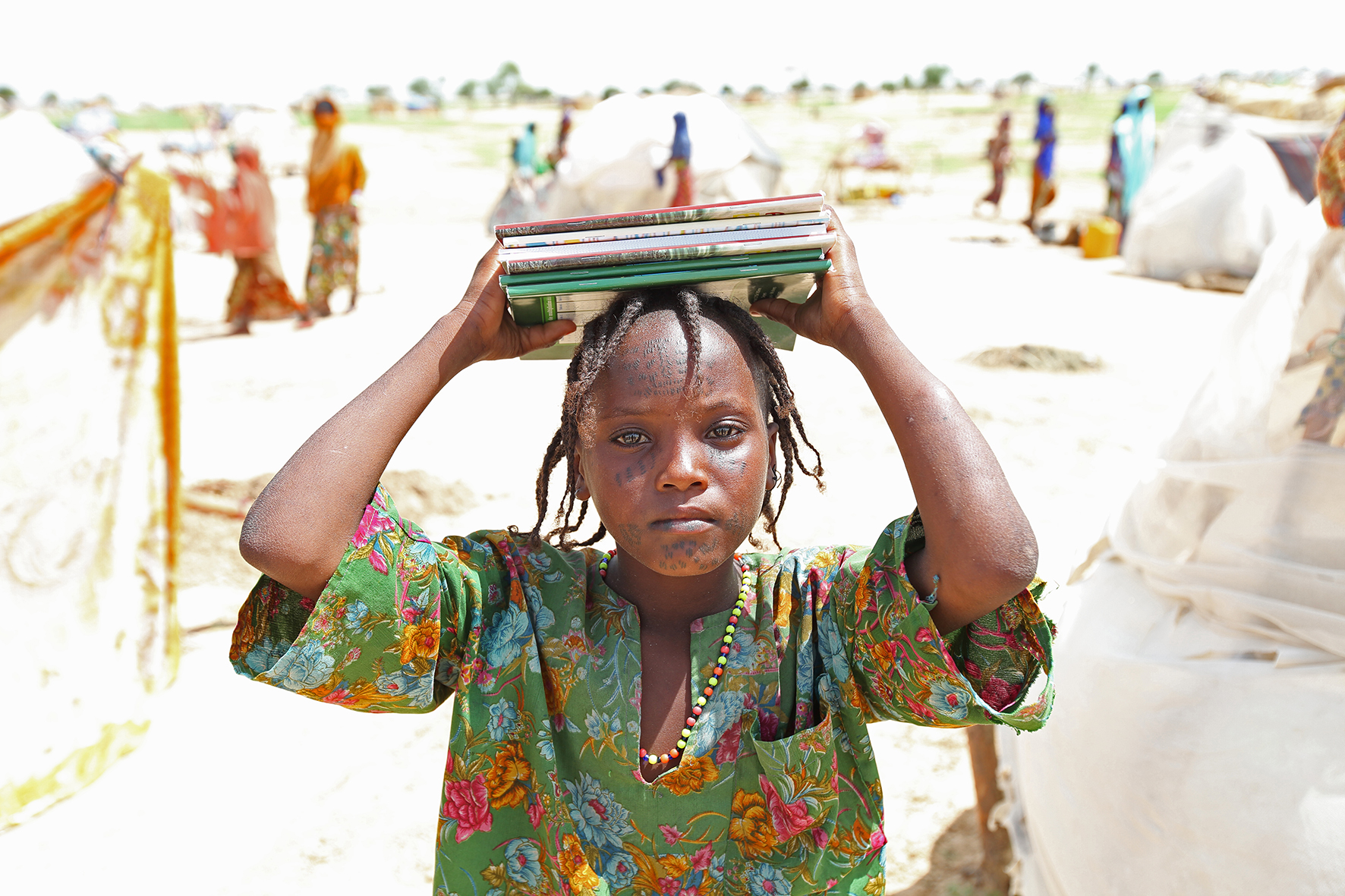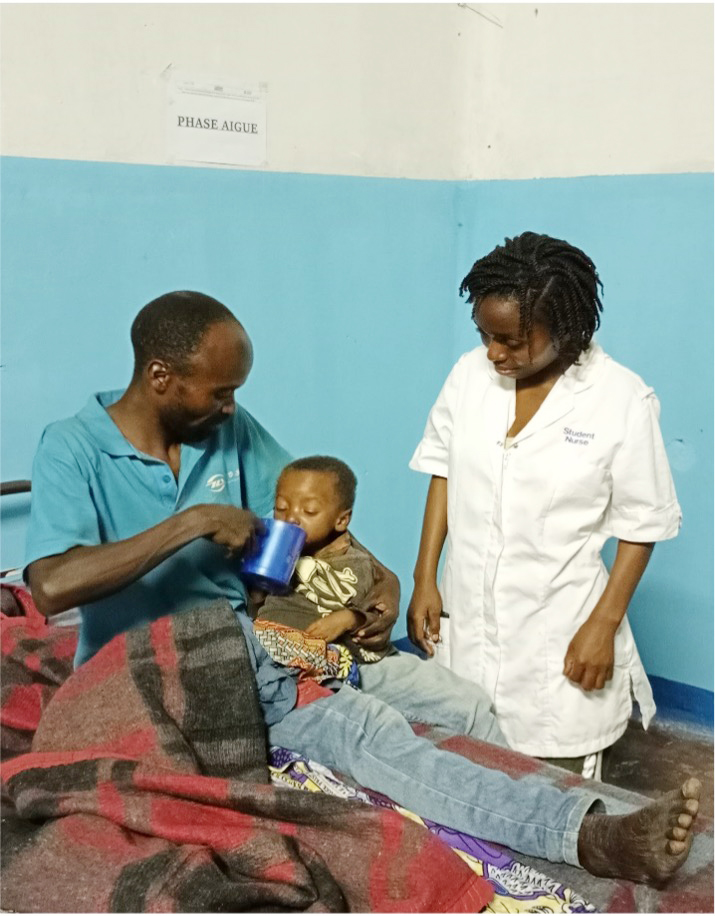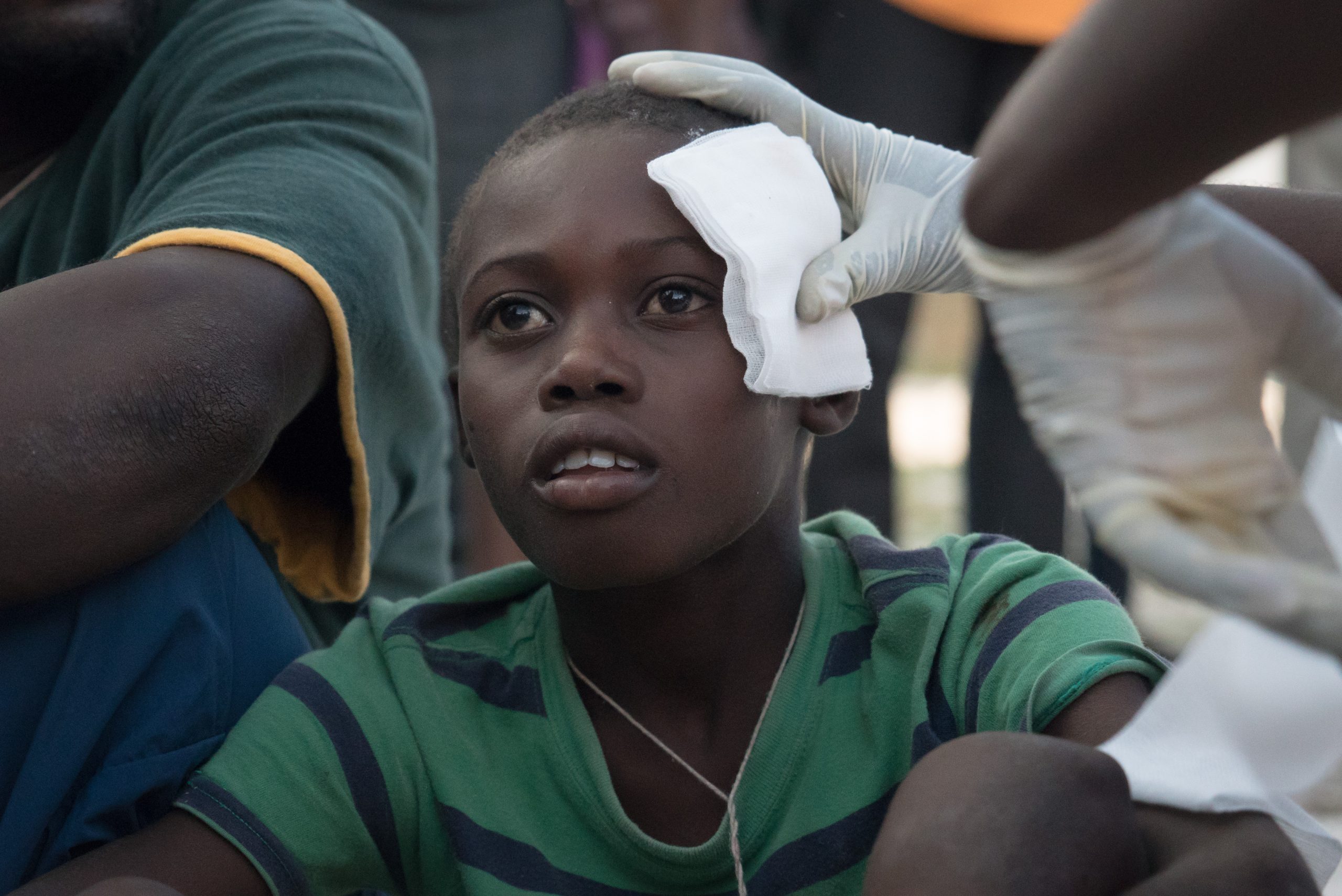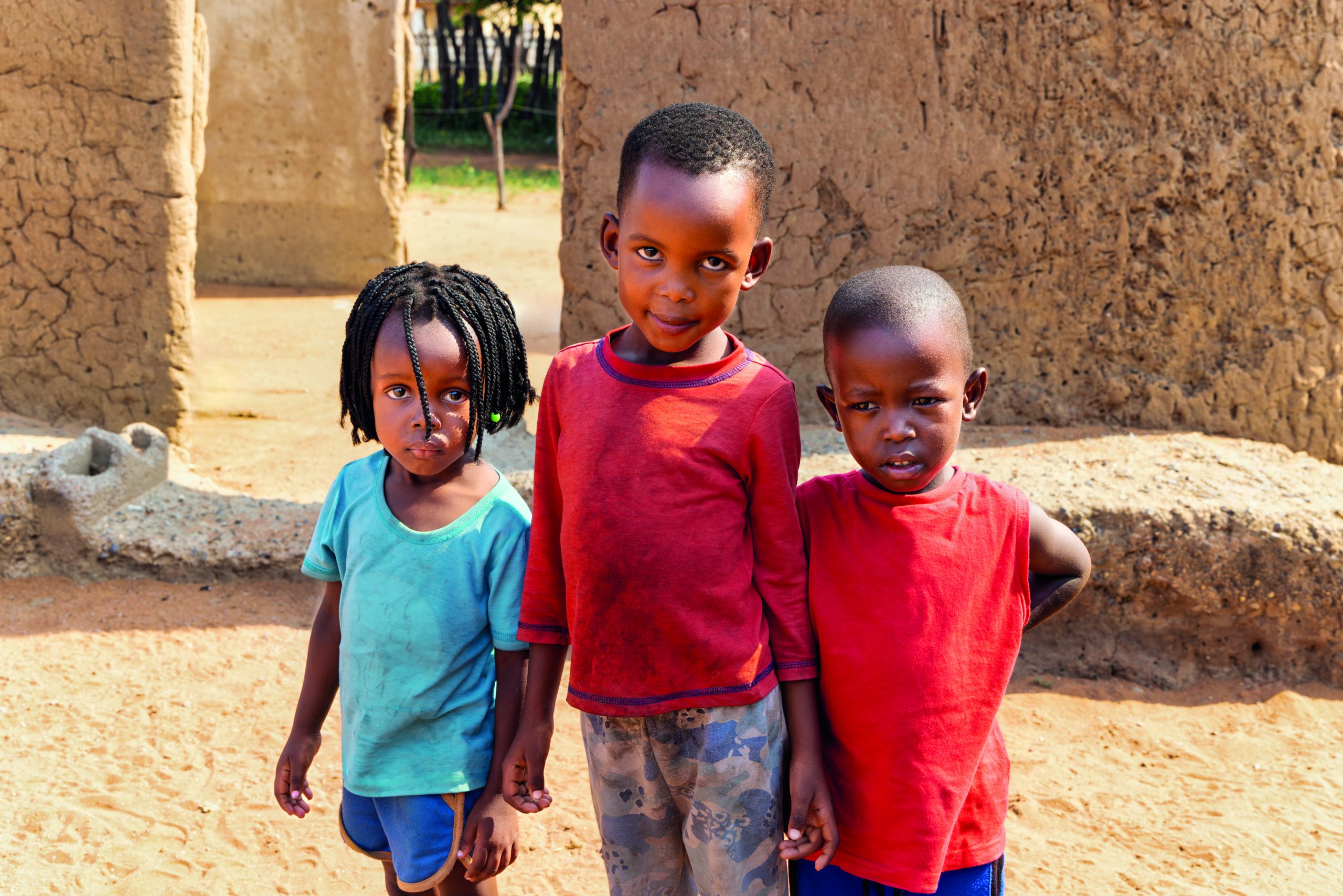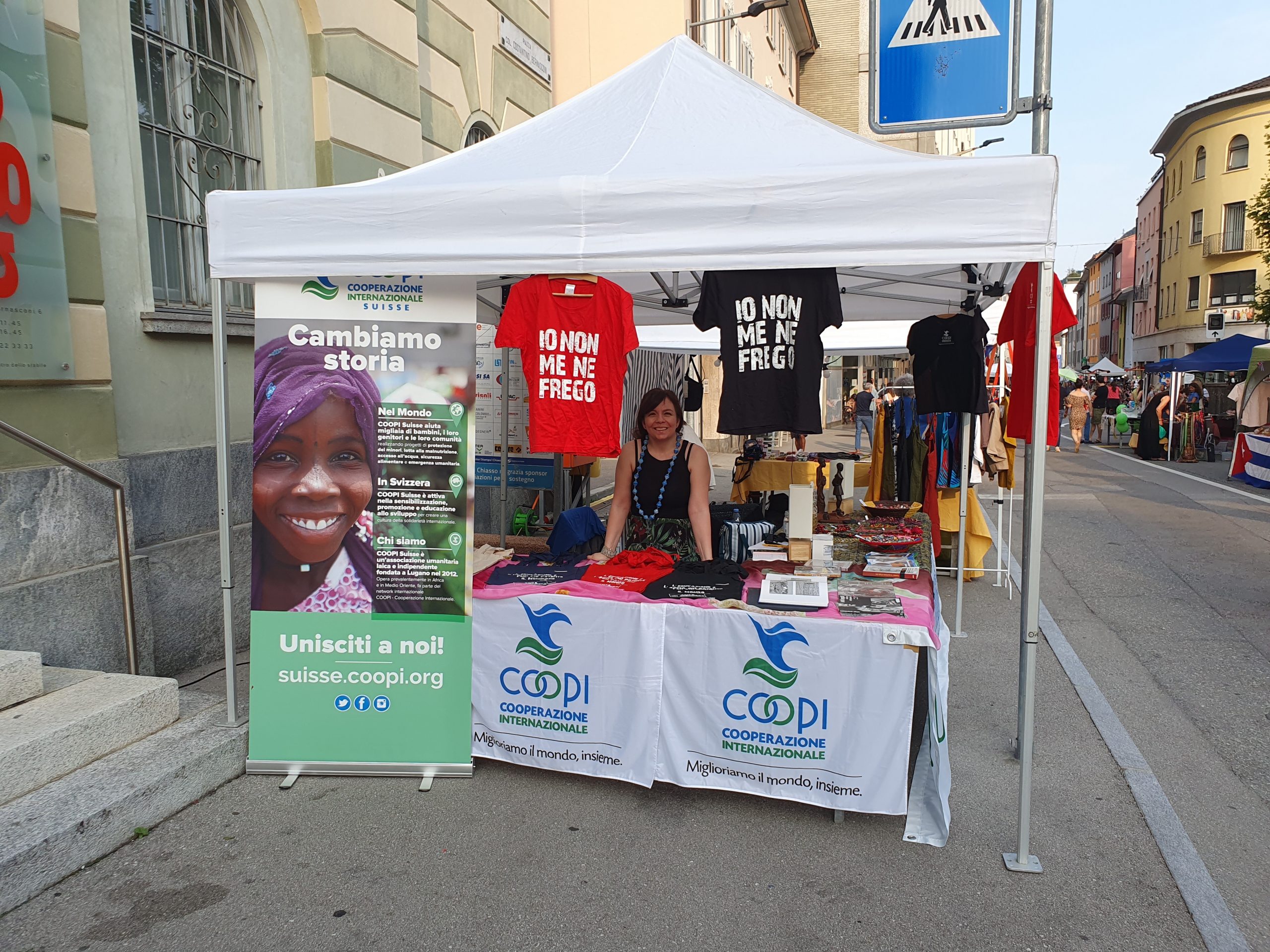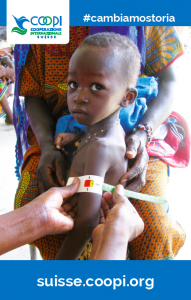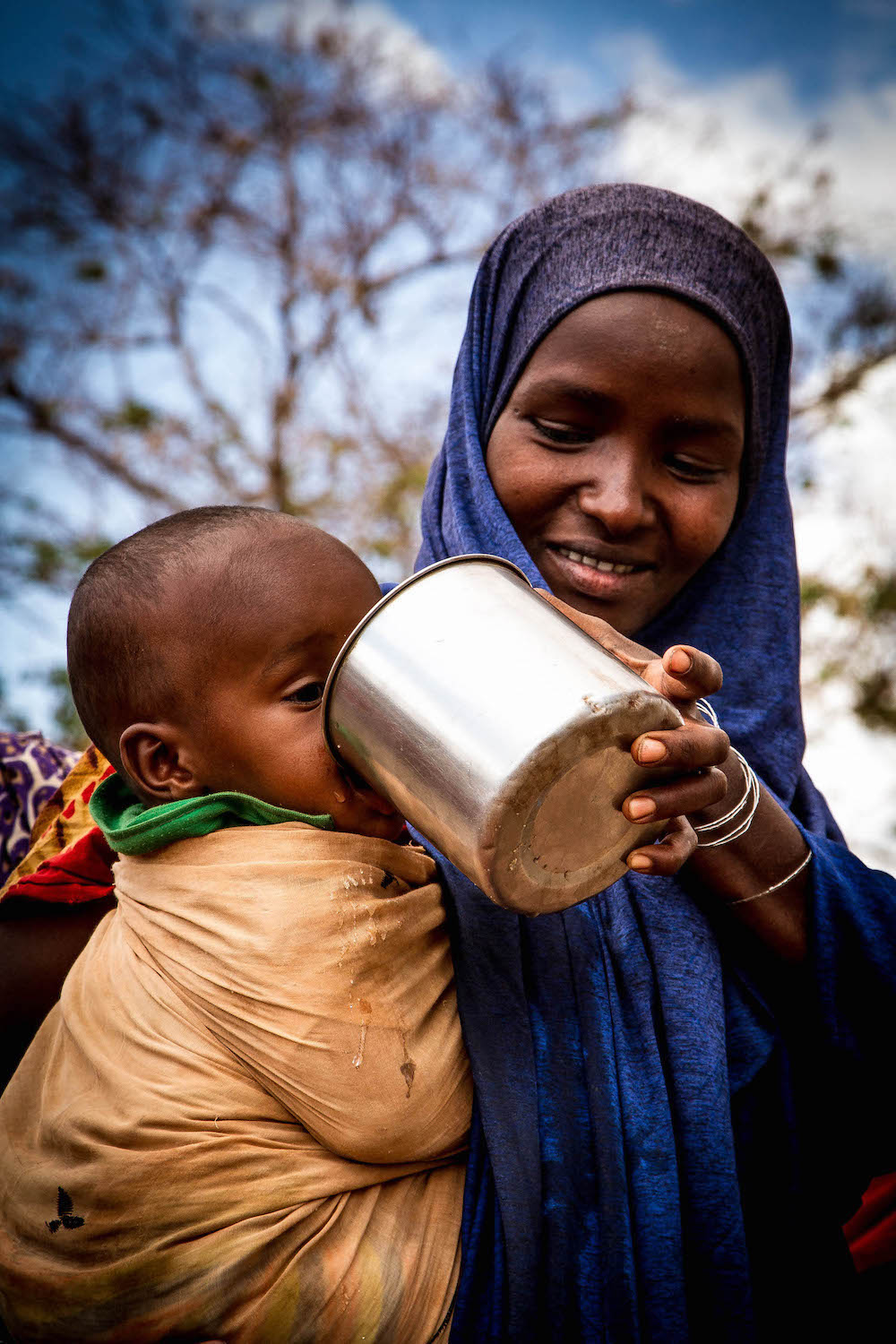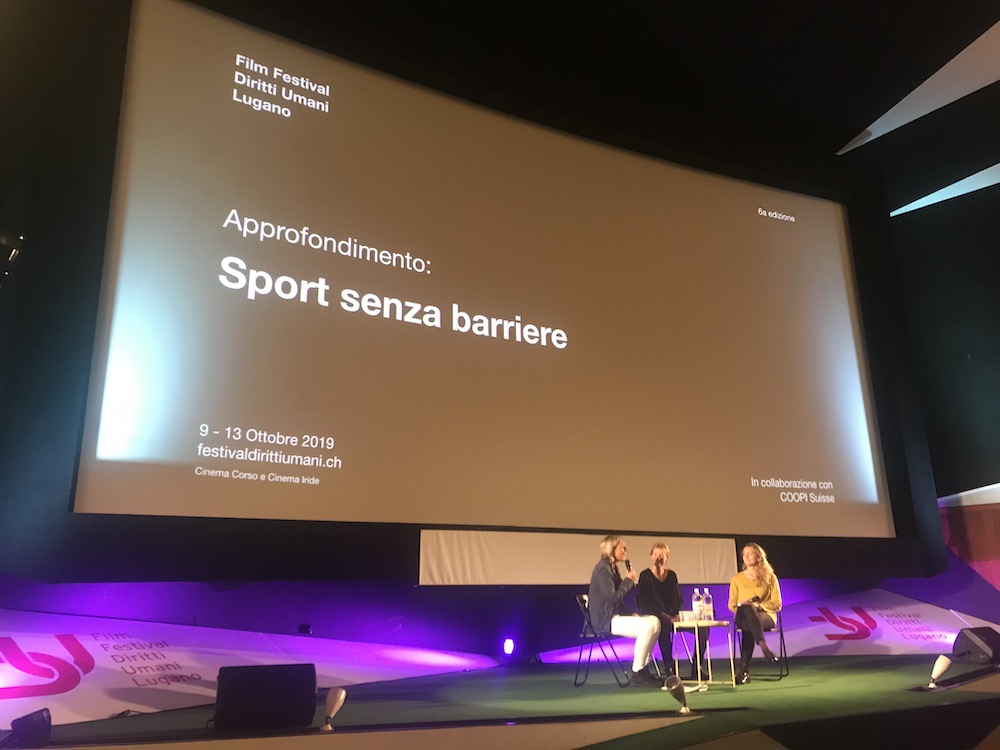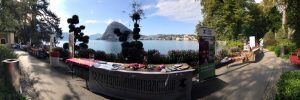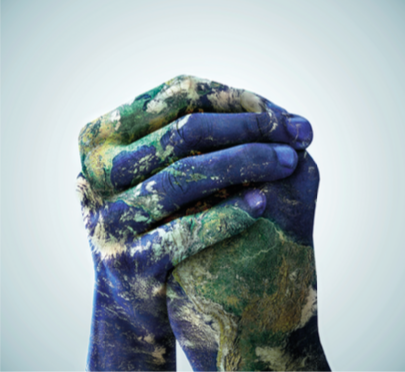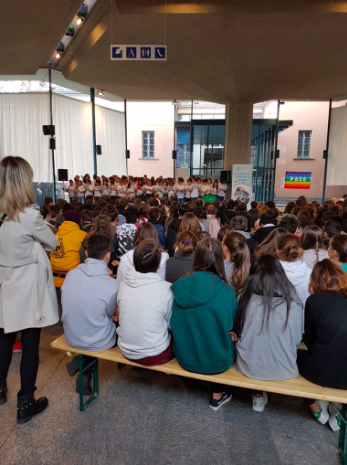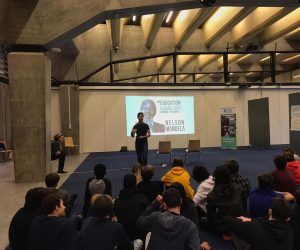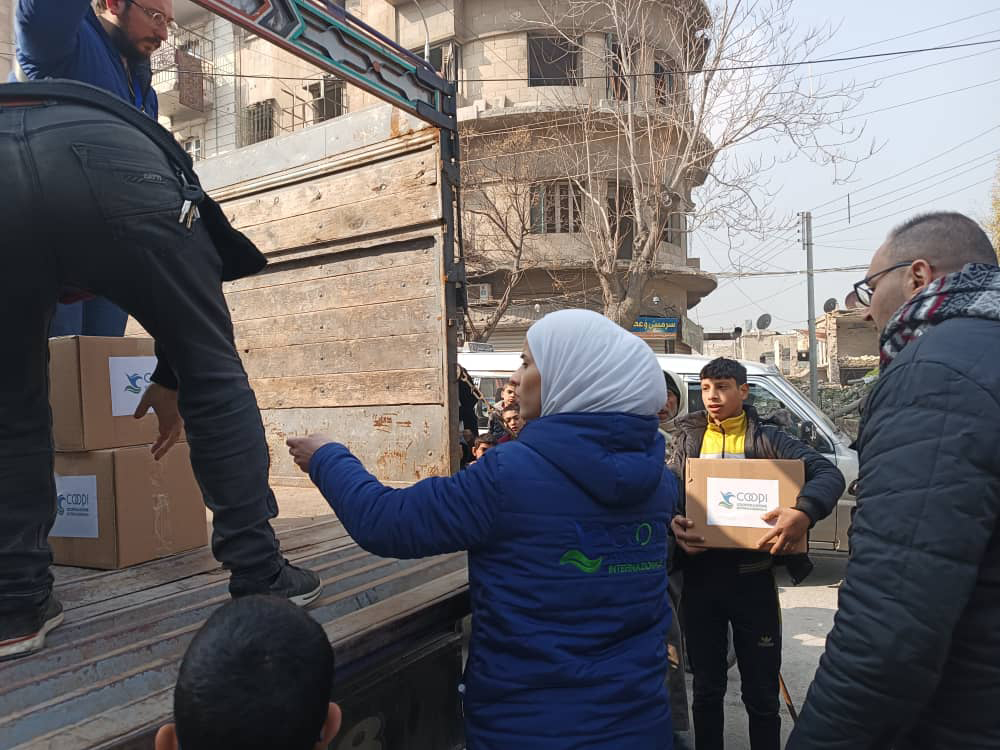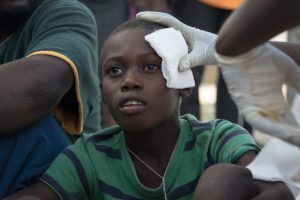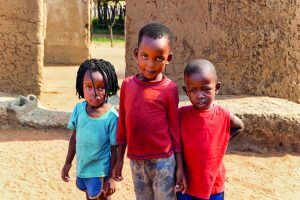When I saw this reportage, I was struck by the words spoken by a Nigerian mother, which could have been the same uttered by a mother living in Ticino, despite hundreds of miles apart and living in totally different conditions: “my youngest children go to school because I do not want them to get lost (in life)”. The Nigerian mother understands “getting lost” as to becoming a fighter, committing atrocities.
In another reportage, a second mother explains: “I do not believe that the militiamen who attacked us have ever been to school, otherwise they would not have done all this”.
And so the school has become the only option for these women to give their children a better future: it’s a safe place, guarded and protected; a therapeutic environment for their children, which helps to forget and heal the psychological trauma caused by the massacres committed by the group Boko Haram; school as a place to cultivate your mind, open your mind, be conscious of life and learn to think.
“Last year our kids were not able to attend classes, but here, students feel safe and have so much ambition to make up for the time lost that we teachers have found the courage to help them.”
With the outbreak of the crisis in the North-East of Nigeria and the subsequent arrival of thousands of refugees escaping from the attacks of Boko Haram, the international network COOPI provided Psychosocial Support Devices to assist victims fleeing from violence in more than 65 villages.
Activities including psychological first aid and receiving refugees have been carried out by promoting an appropriate processing of the seen and experienced atrocities; support groups to promote solidarity and social cohesion have been created.
Numerous projects in education are underway, for students of primary and secondary school, as well as indigenous refugees and internally displaced persons.

